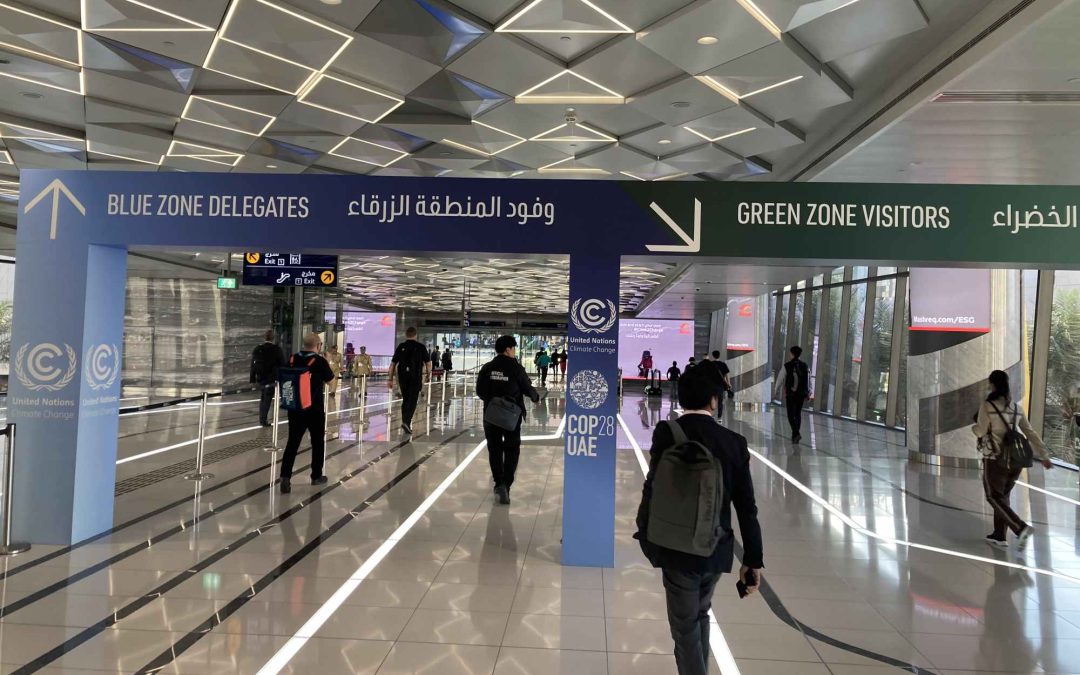
by Konstantina Pratta | Nov 30, 2023 | COP, COP CAS, COP28, Front page news, Walker Academy
Written by: Penny Coulthard, Charlie Davies, Niamh O’Callaghan, Matthew Paskin. “Loss and damage must be delivered and actioned in Dubai,” COP28 President Sultan al-Jaber announced in his opening statement, putting this complex topic as a focus of this...
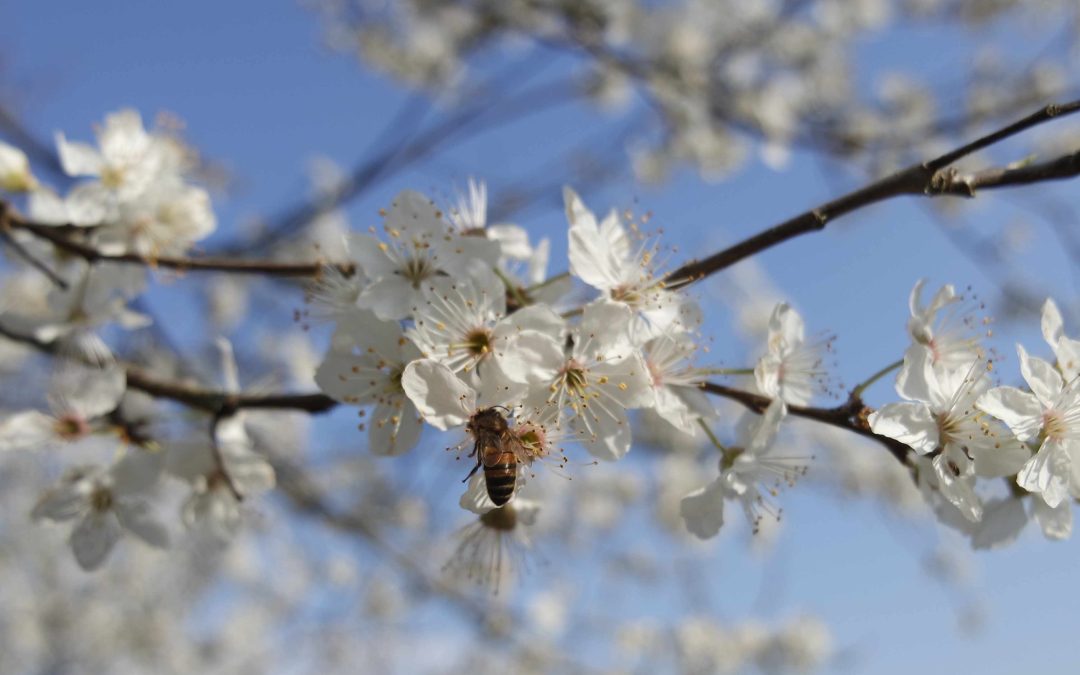
by Konstantina Pratta | Nov 29, 2023 | COP, COP CAS, COP28, Front page news, Uncategorized, Walker Academy
Written by PhD student Emmeline Smith from SCENARIO DTP For the 8th year running, farms around the world are facing the same devastating problem of global temperature change. There has been mass media coverage of farmers battling disasters like floods and...
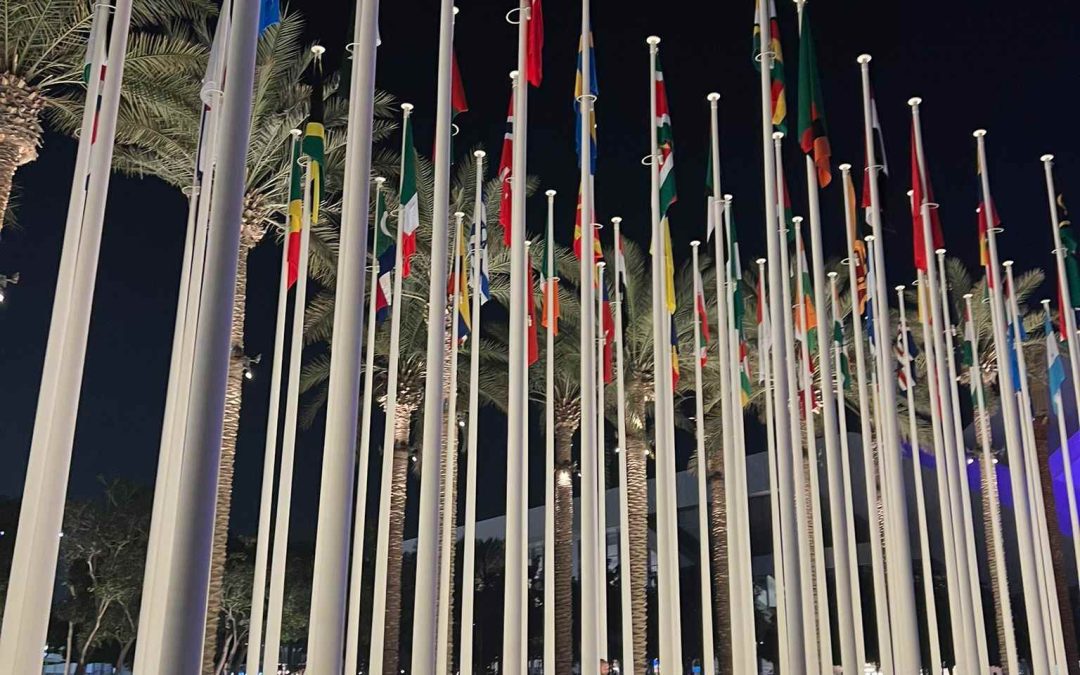
by Konstantina Pratta | Nov 29, 2023 | COP, COP CAS, COP28, Front page news, Uncategorized, Walker Academy
Written by PhD student Philippa Oppenheimer from SCENARIO DTP The impact of humans on the world is becoming increasingly clear. Excessive carbon emissions are resulting in climate change defined by unprecedented wildfires, floods, storms, and droughts. However,...

by Konstantina Pratta | Nov 29, 2023 | COP, COP CAS, COP28, Front page news, Uncategorized, Walker Academy
Written by PhD student Megan Sherlock from SCENARIO DTP. Research is being done to determine what plants the public should grow in their gardens in the face of climate change, as more urban gardens are being lost than ever before. More and more gardens and...
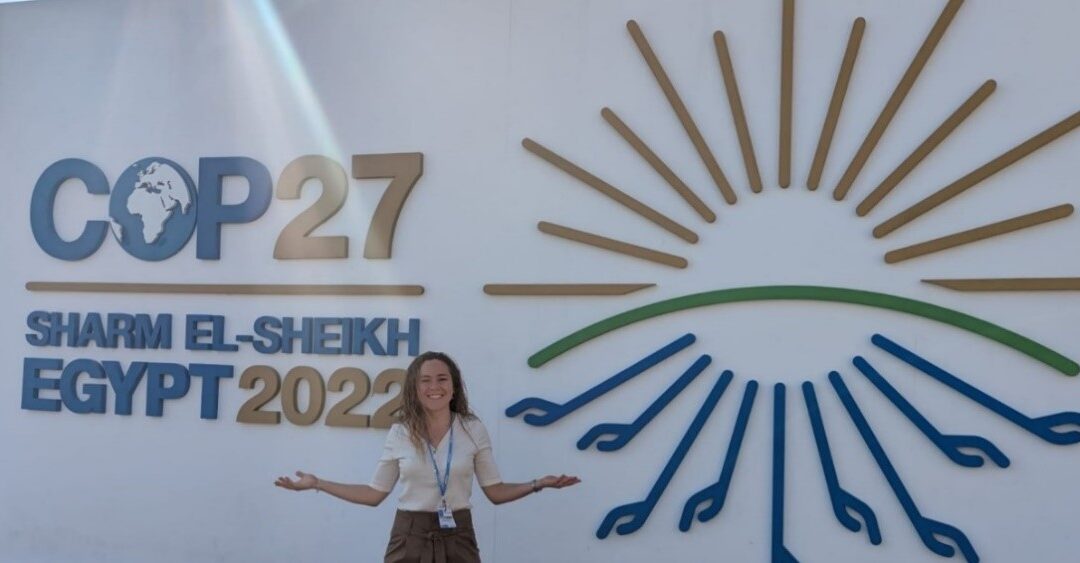
by Konstantina Pratta | Dec 12, 2022 | COP, COP CAS, COP27, Front page news, Walker Academy
By Nerea Ferrando Jorge How was COP? This is the big question I was dreading to answer upon my return from the 27th UN Climate Change Conference. My friends, family and work colleagues were eager to find out what it was like to be at the center of climate...
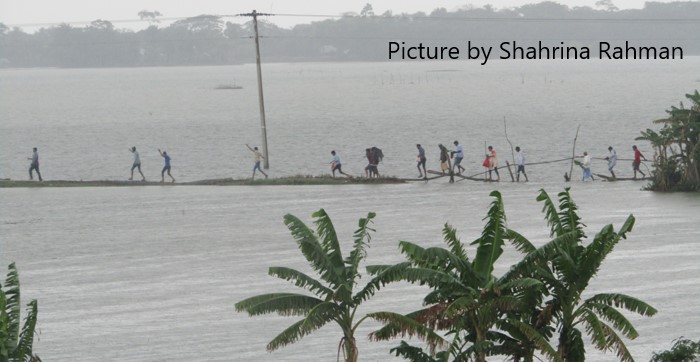
by Konstantina Pratta | Dec 12, 2022 | COP, COP CAS, COP27, Front page news, Walker Academy
By Shahrina Rahman The adverse effects of failing to reduce greenhouse gas emissions disproportionately affect the people and communities, rationally affecting the people who are already disadvantaged by a lack of social and economic support (Harlan et al. 2015)....








